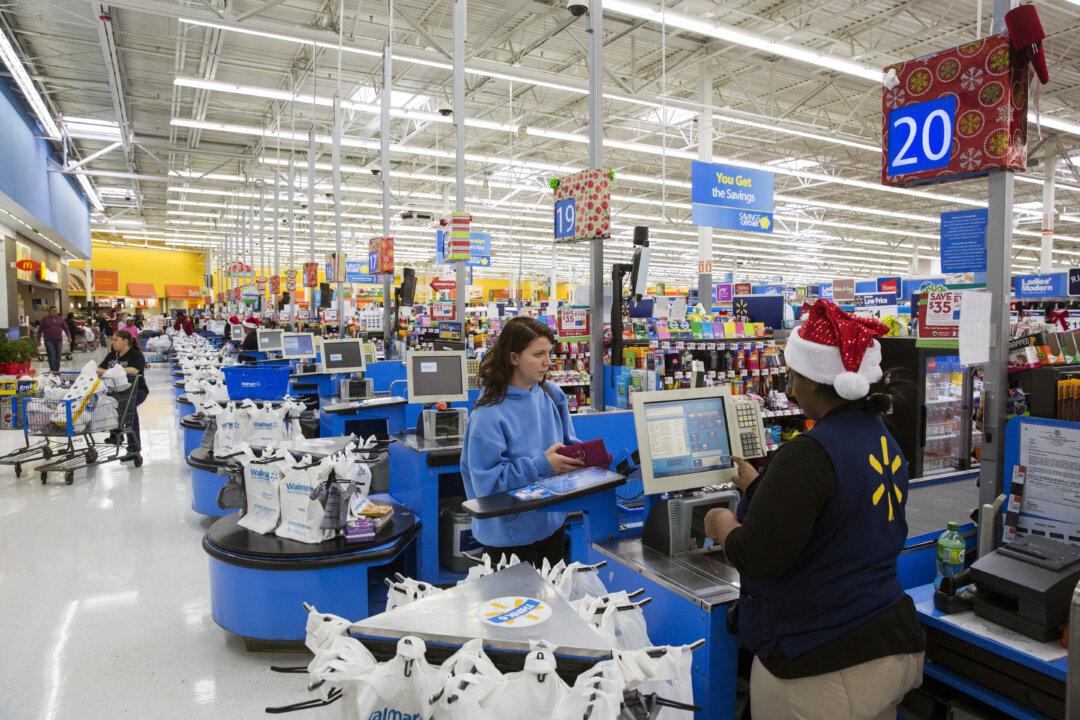More and more major retailers appear to be abandoning self-checkout technology amid rising retail theft.
“We had started to rely too much this year on self-checkout in our stores,” Dollar General CEO Todd Vasos told investors last week during an earnings call, according to multiple reports. “We should be using self-checkout as a secondary checkout vehicle, not a primary.”





